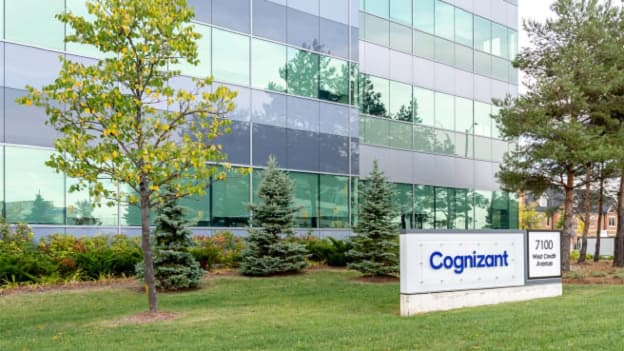Cognizant links top executives’ pay to its share performance

IT major Cognizant has linked the compensation of all top executives to its share performance relative to those of direct competitors and has also scrapped its 'days sales outstanding' metric, amid the COVID-19 crisis. The decision has been caused by the pandemic’s impact on the firm's business or not remains uncertain.
On 30th March it was reported that plans to pay about two-thirds of its employees an additional 25 percent of their base salary in their April salary, as a ‘sign of gratitude’ for their efforts in continuing to work during the pandemic.
Humphries had then shared that while the pandemic would likely dampen industry demand, the requirements for fulfillment remained critical. The company has allowed work-from-home (WFH) for a majority of its offshore teams by provisioning new laptops and encrypting desktops and moving them to the employees’ homes, as well as by enabling the use of BYOD (Bring Your Own Device), providing additional bandwidth connectivity and air cards—all with the appropriate client permissions and security protocols, he had revealed.
While Cognizant like other firms also strives to ensure business continuity and keep its employee experience in check, it seems to be wise to change the pay policy slightly then layoff employees or have massive pay cuts. The IT firm has already been going through a structuring phase since last year and has lost many jobs in the process.
As per the new compensation plan, the performance-based payment will be linked to a 'relative' Total Shareholder Returns (TSRs) metric. Unlike an absolute TSR metric, a relative TSR metric is measured against the S&P 500 Information Technology Index and also against direct competitors such as Infosys, TCS and Wipro. Within performance-based pay, there are the two parts - annual cash incentive (ACI) and performance stock units (PSUs). In both, the weightage given to overall revenue of the company has been increased.
The new compensation plan assigns top executives more direct responsibility for revenue growth, in what is forecast to be a difficult year for business hit by the COVID-19 pandemic. How the leaders cope up with the crisis and maintain the firm’s market share is to look forward to.

















